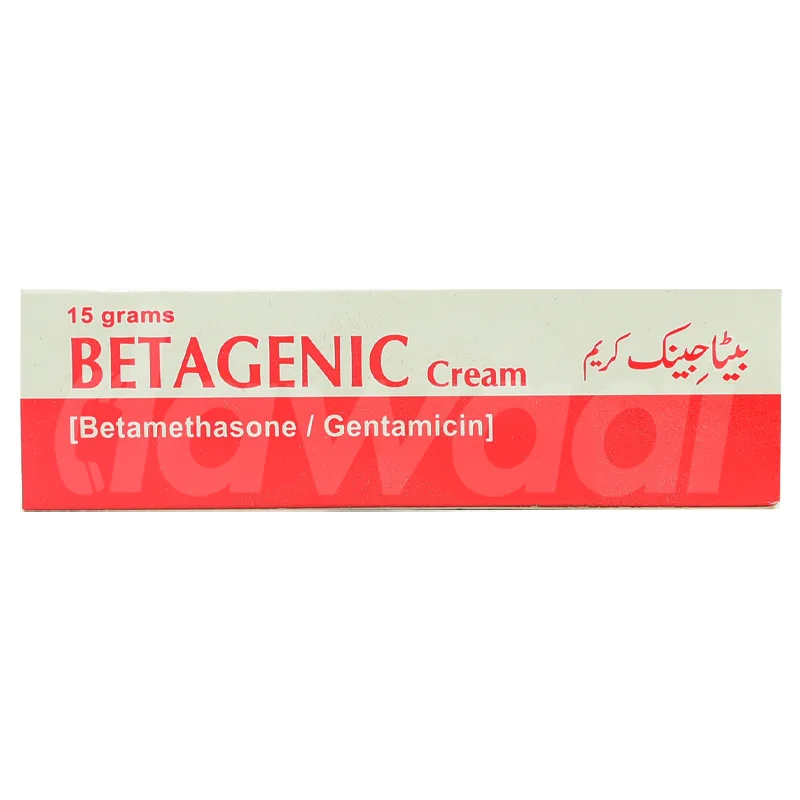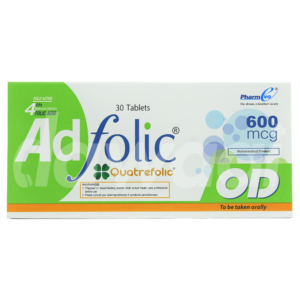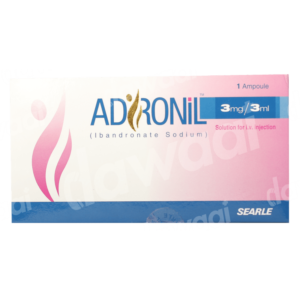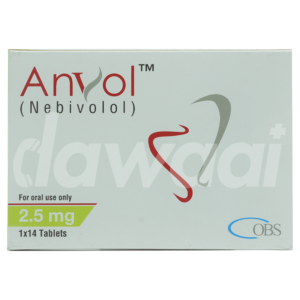Introduction
Expert Advice
- Apply as advised by your doctor.
- For external use only.
- Before application, wash and dry the area.
- Apply a thin layer of medication on the affected area.
- Contact your doctor if there is worsening of condition or no improvement.
- Avoid contact with eyes and open wounds
- Avoid using occlusive dressings.
- Do not use it for long periods of time around genitalia, rectal areas and sensitive tissues.
- Exposure to the affected area to direct sunlight must be avoided.
Primary Uses
Indications
This medicine is used to treat Psoriasis (skin disease characterized by red, itchy and scaly patches), Lichen simplex (dry patchy skin), planus eczema (inflammatory disorders causing purplish flat skin bumps), otitis externa (ear inflammation), prurigo (intensely itchy spots), seborrheic dermatitis (skin condition mainly affecting the scalp), contact dermatitis (red, itchy rash due to allergy), steroid-responsive dermatoses of the scalp (skin lesion or defect of the scalp), and severe dandruff.
Side Effects
The patients administered with this medicine may experience irritation at application site, redness and dryness, pruritus (severe skin itching), numbness of fingers, skin cracking/tightening, secondary infection (infection occurring other than the primary infection), skin atrophy (skin degeneration), malaria, telangiectasia (small, widened blood vessels), cushingoid changes (changes due to excess of cortisol related medicine/agent), adrenal suppression, and allergies.
Warnings
 Pregnancy
Pregnancy
The effects of this medicine are unknown in pregnant females; therefore, please consult your doctor before use.
 Lactation
Lactation
The effects of this medicine are unknown in nursing females; therefore, please consult your doctor before use.
 Precautions
Precautions
The patients with local irritation at the application site, visual disturbances, and elderly should be cautious. Systemic (overall effects in the body) may occur with use over large body areas. Prolonged use or application over highly absorptive sites may cause skin atrophy (skin degeneration). Please do not use it for treating diaper dermatoses (skin lesions or defects associated with diaper use) in infants. Please avoid prolonged use, and contact with mucous membranes and eye area.
Contraindications
The patients receiving monotherapy for primary bacterial infections such as impetigo (skin infection), paronychia (fingernail or toenail skin inflammation), erysipelas (bacterial skin infection), cellulitis (skin infection causing red, painful patches), angular cheilitis (inflammation of mouth corners or area around mouth) and erythrasma (skin infection affecting underarms, groin and skin between toes), treatment for rosacea (enlarged facial blood vessels), and with perioral dermatitis (red rash around mouth) or acne, untreated fungal or viral infections or parasitic infestations, burns, acne or rosacea, perioral dermatitis, widespread plaque psoriasis (red, itchy skin), perianal or genital pruritus (severe skin itching) and pruritus without inflammation should avoid use of this medicine.
FAQS
What is betamethasone valerate cream used to treat?
Betamethasone topical is used to relieve redness, itching, swelling, or other conditions.
How long can you use betamethasone valerate for?
A course of treatment for 7-14 days is sufficient.
How do you use betamethasone valerate?
Apply a thin layer to the affected area.
What are the side effects of betamethasone valerate cream?
Stinging, burning, itching, irritation, dryness, or redness of the skin may occur on first use. If these effects persist consult your doctor.
Is betamethasone valerate stronger than hydrocortisone?
Yes it is more potent than hydrocortisone.
What are the uses of Gentamicin?
This medication is used for the treatment of bacterial infections. Please note that this medicine will only work for bacterial infections and not viruses causing conditions such as common cold, flu, etc.
How to take Gentamicin?
Use it as prescribed by your health care provider. Please complete course of medication to prevent return of the infection. The dosage of this medicine is dependent on the age, condition, and its severity. Please consult your health care provider before use of this medicine.
How to store Gentamicin?
Please store this medicine at room temperature (18-25 Celsius). Keep medicine away from excessive light, moisture, and children. Please do not flush medicines down the toilet. Please read the leaflet provided with the medicine for further storage guidance.
Will I see instant results?
It may take some time for the medicine to work effectively. Use it regularly and as prescribed by your healthcare provider for the best results.
Can Gentamicin be used for acne?
This medication is recommended in the treatment of pustular (pus filled) acne.
Why is Gentamicin not given orally?
This medication is not administered orally because it is not absorbed from the gut.
Disclaimer
Dawaai’s intention is to make sure that it’s consumers get information that is accurate, reviewed by an expert and error-free. However, the information mentioned here should not be used as a replacement for the advice of a qualified physician. The information given here is for informational purposes only, which may not cover all possible precautions, side effects, contraindications or drug interactions. Consult your doctor and discuss your queries related to any medicine or disease.






Reviews
There are no reviews yet.